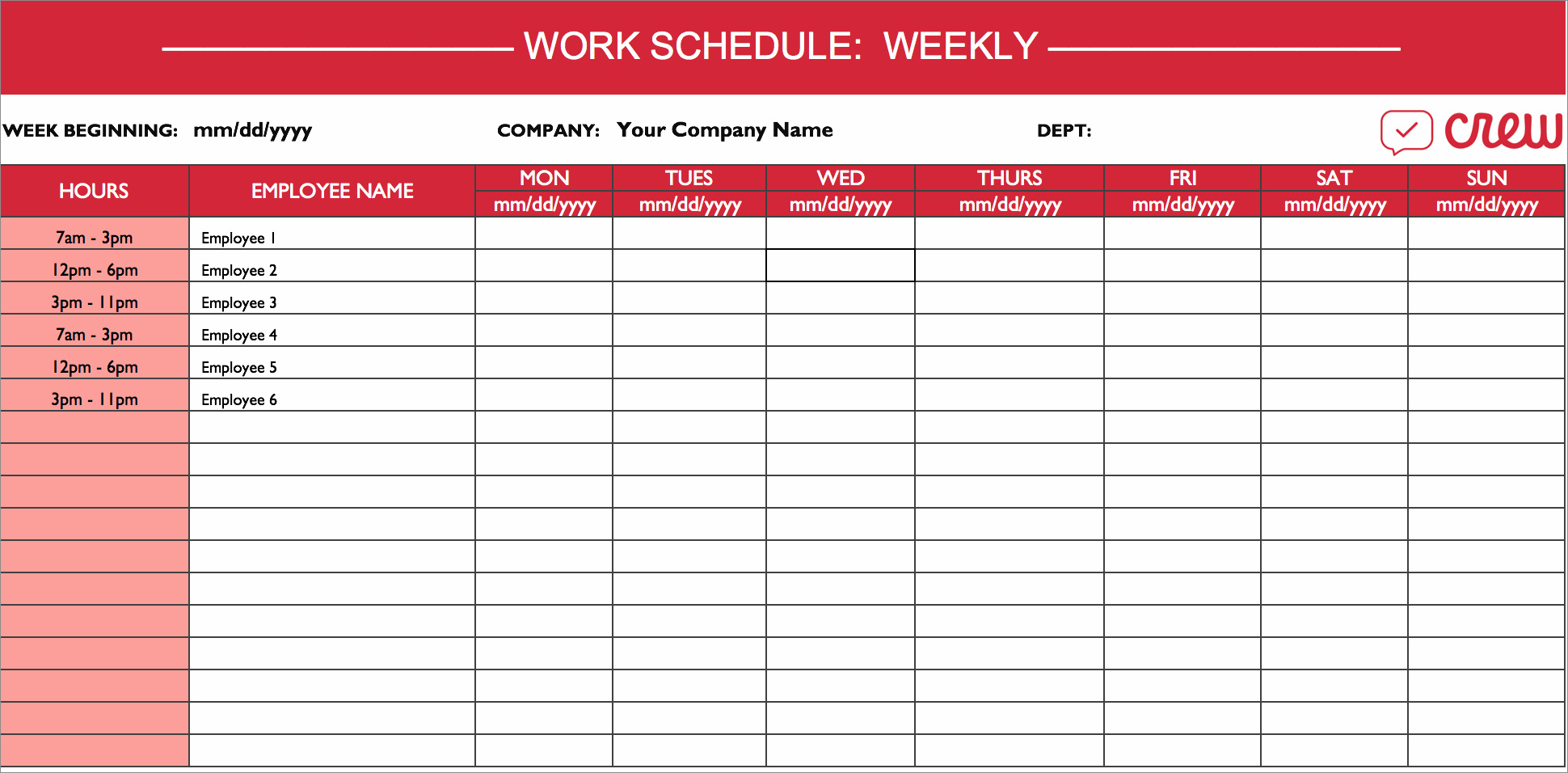Managing your job schedule effectively is crucial for staying organized, meeting deadlines, and maximizing productivity. Whether you work in an office, remotely, or have a flexible work arrangement, having a well-planned and structured schedule can greatly impact your success and overall job satisfaction.
In this article, we will explore various strategies, tips, and tools that can help you master your job schedule and achieve your professional goals.
The Importance of a Well-Structured Job Schedule
A well-structured job schedule provides numerous benefits for both individuals and organizations. It helps individuals prioritize tasks, allocate time efficiently, and maintain a healthy work-life balance. For organizations, a well-structured job schedule ensures optimal resource allocation, improves team collaboration, and enhances overall productivity. Here are some key reasons why having a well-structured job schedule is important:
- Optimal Time Management: A structured job schedule allows you to allocate time for different tasks, ensuring that you have enough time to complete each task efficiently.
- Prioritization of Tasks: By organizing your schedule, you can identify and prioritize tasks based on their importance and deadlines.
- Reduced Stress: A well-structured schedule reduces stress by providing a clear plan for the day or week, eliminating uncertainty and last-minute rushes.
- Improved Work-Life Balance: When you have a well-planned schedule, you can allocate time for personal activities, hobbies, and family commitments, leading to a better work-life balance.
- Enhanced Focus and Productivity: Having a structured schedule helps you stay focused on one task at a time, avoiding distractions and increasing overall productivity.
How to Create an Effective Job Schedule
Creating an effective job schedule requires careful planning and consideration of various factors such as deadlines, priorities, and individual work preferences. Here are some steps to help you create an effective job schedule:
1. Assess Your Workload and Priorities
Start by assessing your workload and identifying the tasks that require immediate attention. Determine the priority level of each task based on its deadline and importance. This will help you allocate time accordingly and ensure that critical tasks are completed first.
2. Break Down Tasks and Set Realistic Timeframes
Break down complex tasks into smaller subtasks to make them more manageable. Estimate the time required for each subtask and set realistic deadlines. Be mindful of your capabilities and avoid overloading your schedule with unrealistic expectations.
3. Utilize Time Blocking Techniques
Time blocking is a popular technique used to allocate specific time slots for different activities or tasks. Assign dedicated time blocks for different types of work, such as meetings, focused work, and breaks. This helps create a structured routine and ensures that each task receives sufficient attention.
4. Leverage Technology and Tools
Take advantage of various technology tools and apps that can assist you in managing your job schedule. Calendar apps, project management software, and task management tools can help you stay organized, set reminders, and track progress. Explore different options and find the tools that best suit your needs.
5. Communicate and Collaborate with Others
If you work in a team or collaborate with colleagues, effective communication is essential for aligning schedules and coordinating tasks. Regularly communicate with your team members to ensure everyone is aware of deadlines, dependencies, and shared responsibilities.
6. Prioritize Self-Care and Breaks
While it may seem counterintuitive, taking regular breaks and prioritizing self-care can improve your overall productivity. Schedule short breaks throughout the day to recharge and avoid burnout. Use this time to relax, stretch, or engage in activities that help you rejuvenate.
7. Regularly Review and Adjust Your Schedule
A job schedule is not set in stone and should be reviewed and adjusted regularly. Assess the effectiveness of your schedule, identify areas for improvement, and make necessary adjustments. Flexibility is key to ensuring your schedule remains relevant and adaptable to changing circumstances.
8. Seek Support and Guidance
If you find it challenging to create or manage your job schedule effectively, don’t hesitate to seek support and guidance. Reach out to your supervisor, colleagues, or professionals in your field who may have valuable insights and advice. Learning from others’ experiences can help you refine your scheduling strategies.
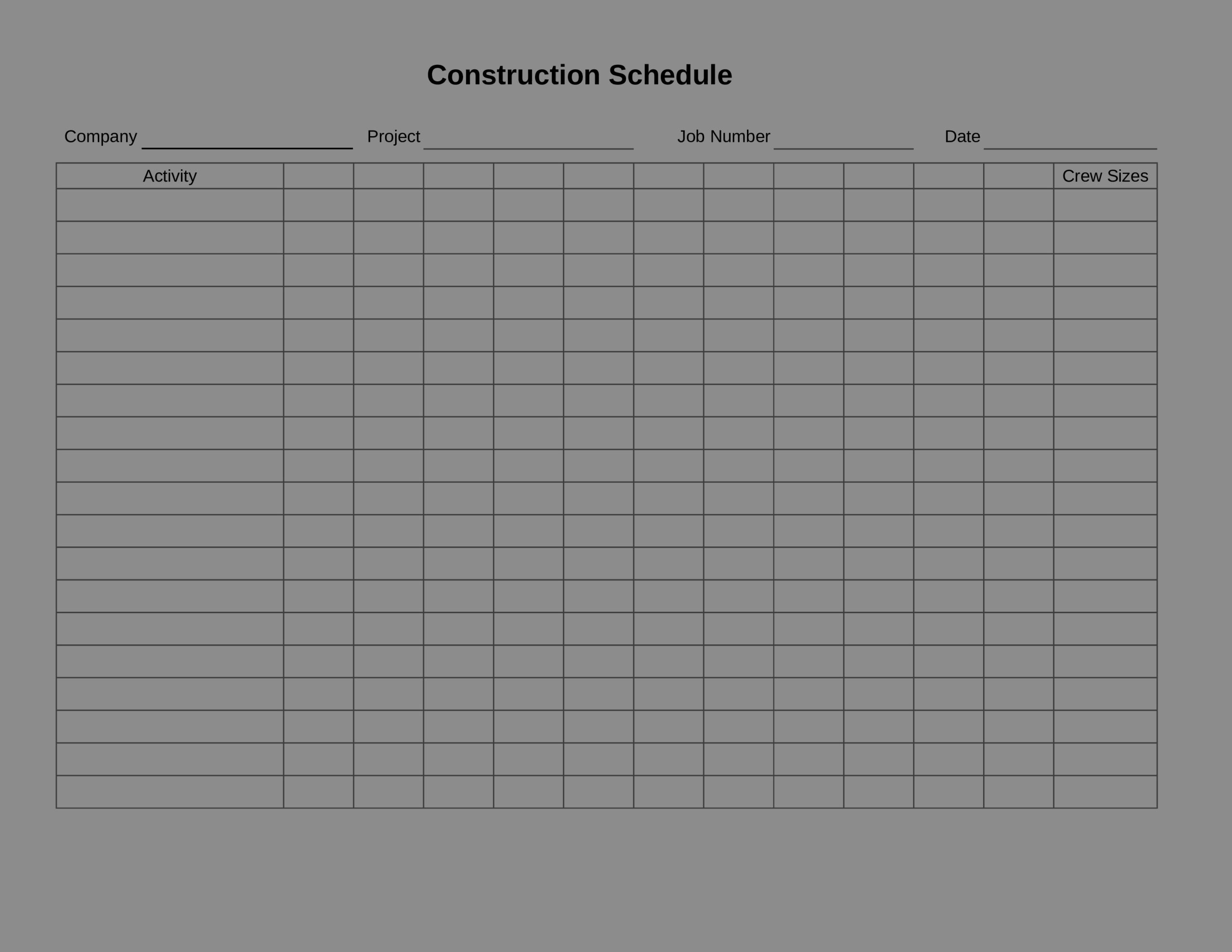
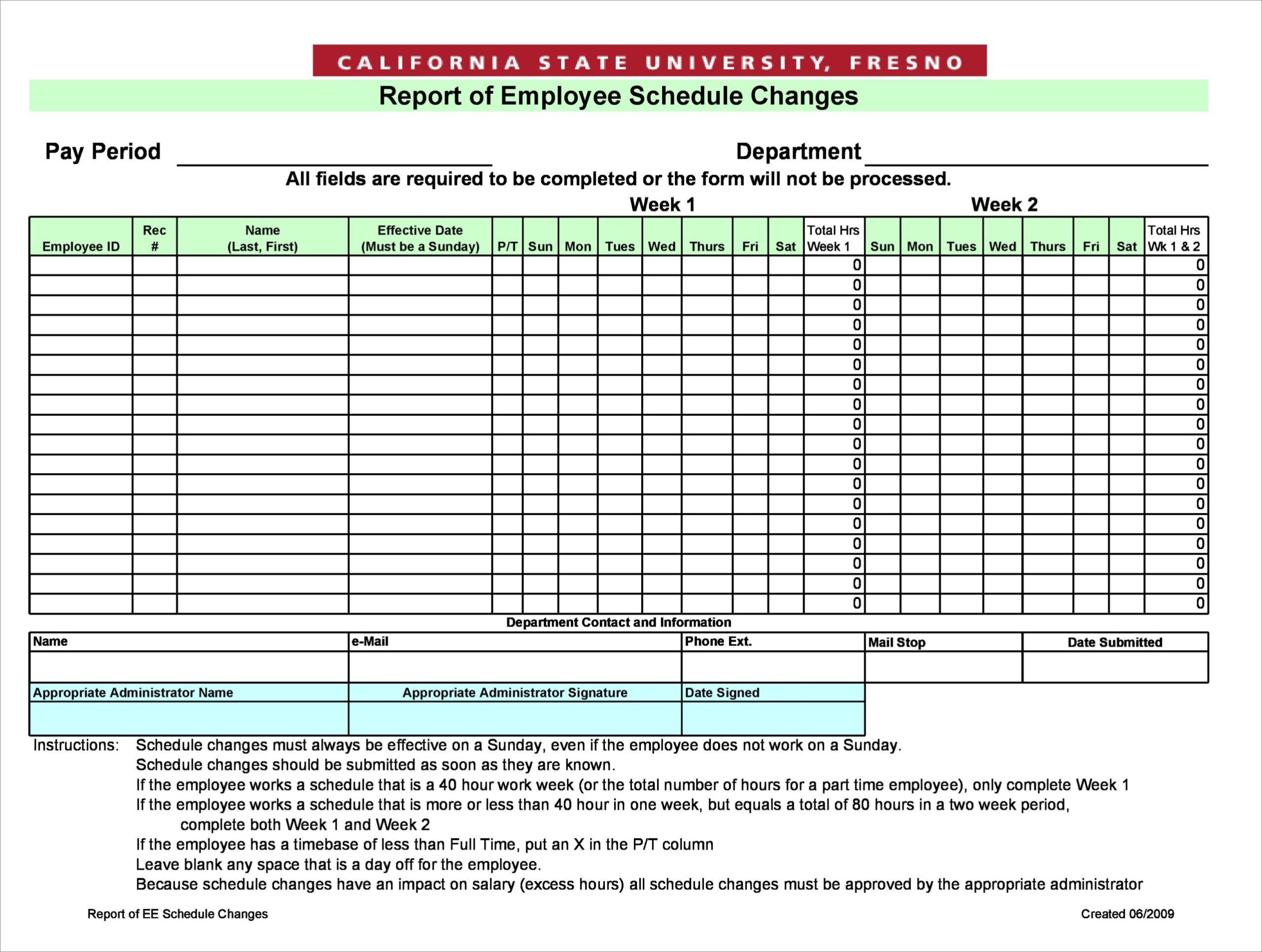
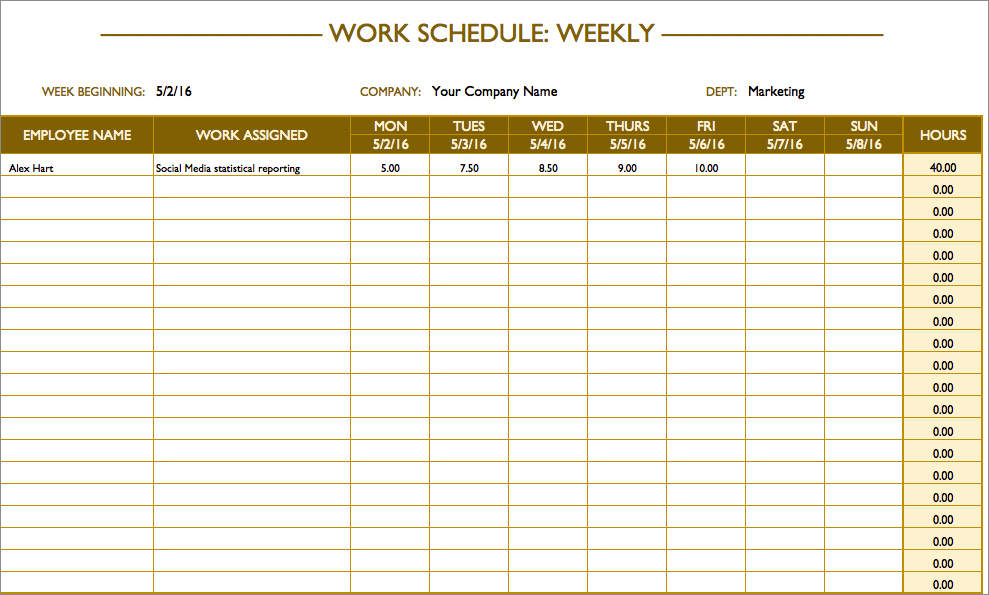
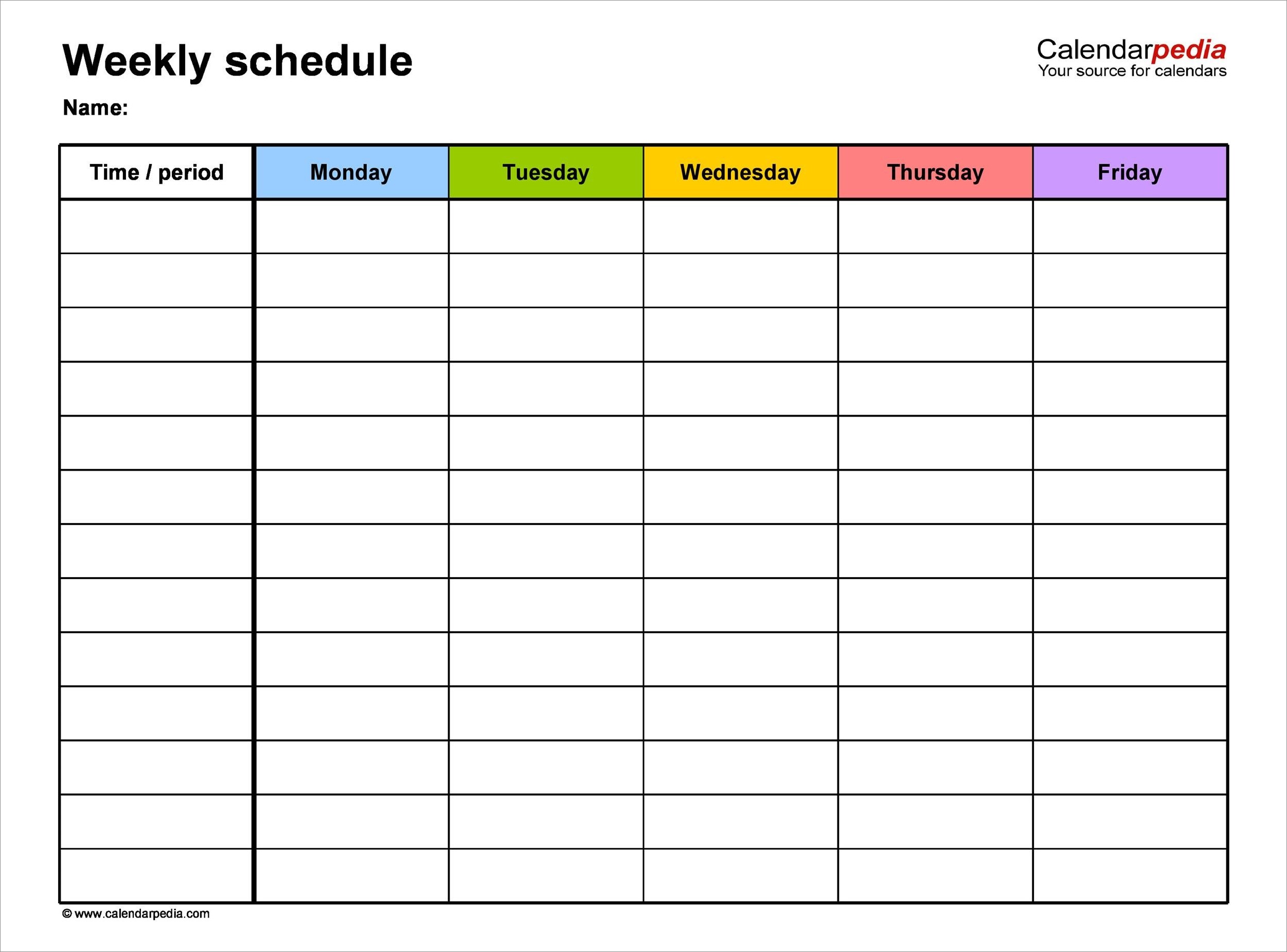
The Benefits of an Optimized Job Schedule
An optimized job schedule brings numerous benefits that can positively impact your professional life. Here are some of the key benefits you can expect when you master your job schedule:
- Increased Efficiency: By effectively managing your schedule, you can complete tasks more efficiently, saving time and energy.
- Greater Focus: A well-structured schedule helps you prioritize tasks and stay focused on important activities, minimizing distractions.
- Improved Work-Life Balance: A balanced job schedule allows you to allocate time for personal activities, reducing stress and enhancing overall well-being.
- Enhanced Productivity: When you have a clear plan and structure in place, you can make the most of your time and achieve higher levels of productivity.
- Reduced Stress: With a well-organized schedule, you can minimize last-minute rushes and uncertainties, leading to reduced stress levels.
- Professional Growth: Mastering your job schedule demonstrates your ability to manage time effectively, which can lead to increased responsibilities and professional growth opportunities.
Conclusion
A well-structured and optimized job schedule is the key to success and efficiency in today’s fast-paced work environment. By following the steps outlined in this article and utilizing the right tools, you can master your job schedule and achieve your professional goals. Remember that finding the right balance between work and personal life is crucial for long-term success and overall well-being. So take control of your schedule, prioritize tasks, and enjoy the benefits of an organized and efficient work life.
Job Schedule Template Word – Download
